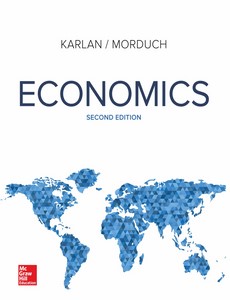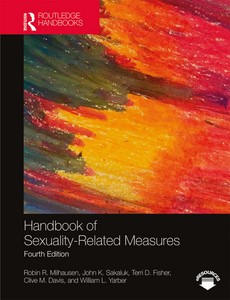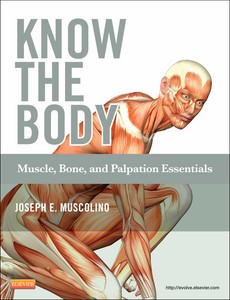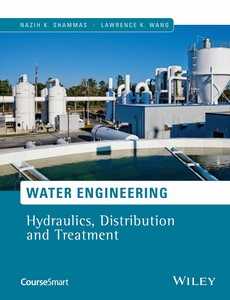Tort Law 5th Edition by Nicholas J. McBride【ebook】
$12.99 Original price was: $12.99.$9.74Current price is: $9.74.
Tort Law 5th Edition by Nicholas J. McBride
ISBN: 9781292071237,9781292071282 ,9781292071244
Updating the fi ft h edition of this textbook did not require any radical changes to the
structure of this book (detailed in the Preface to the fourth edition, and reprinted overleaf)
but a number of chapters had to be extensively rewritten to take account of recent developments
in the law.
Except in the fi eld of vicarious liability, an area of liability which grows ever larger and
more and more out of control, the general trend over the last three years or so has been in
favour of making it harder for claimants to sue defendants in tort: the UK Supreme Court’s
recent decision in Michael v Chief Constable of South Wales Police (2015) – the third most
important decision on the law of negligence ever handed down by the UK’s highest court,
aft er Donoghue v Stevenson (1932)and Hedley Byrne & Co Ltd v Heller & Partners (1964)
– has put the kibosh on suggestions that public bodies should generally be liable for failures
to save people from harm where there would be no policy objection to such liability
arising; the Court of Appeal’s decision in Stannard v Gore (2012) makes it even harder than
it was before for a claimant to sue a defendant under the rule in Rylands v Fletcher ; and the
UK Supreme Court’s restatement of the law on private nuisance in Lawrence v Fen Tigers
Ltd (2014) has the potential to make it harder for the victim of a private nuisance to obtain
an injunction bringing the nuisance to an end. Parliament has also been busy trying
(sometimes ineff ectively, sometimes eff ectively) to roll back the boundaries of tort law: the
risibly titled Social Action, Responsibility and Heroism Act 2015 seeks to give those who
seek to do good extra protection from being sued in negligence; the Defamation Act 2013
attempts to make it harder for claimants to sue defendants in defamation though it goes
nowhere near as far as its proponents would claim in changing the law; s 69 of the
Enterprise and Regulatory Reform Act 2013 does make it much harder for employees to
sue their employers for compensation for injuries they have suff ered at work; and the Legal
Aid, Sentencing and Punishment of Off enders Act 2012 makes it harder for the worst off
in society to get legal assistance to sue those who violate their rights. 1











